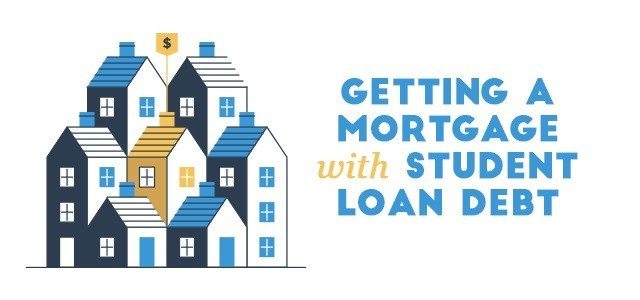
Homeownership rates for those with a bachelor’s degree are nearly 8 percent higher than those with only a high school degree.
According to many reports, student loan debt is a significant hurdle for millennials when buying a home. But new numbers from the First American Economic Center contradicts those findings, showing that student loan debt is more likely to delay the timing of homeownership, but it’s not necessarily a deal breaker. To examine the impact of student loan debt on house-buying power, the report looked into the median household income of a prospective first-time home buyer, who is, by definition, a renter. Based on a 6 percent Federal direct student loan interest rate, the average monthly payment is just above $300 per month, or nearly $4,000 per year. The report pointed out that this reduces median household income for those that complete their bachelor’s degree and, therefore, reduces house-buying power by $23,000 to $323,603. While the reduction in house-buying power is not ideal, renter house-buying power for those with a bachelor’s degree is still more than $120,000 greater than renters with just a high school education. So, how does higher house-buying power influence home buying? Quoting the latest available household census data in 2017, First American stated that homeownership rates for those with a bachelor’s degree are nearly 8 percent higher than those with a high school degree. This difference becomes more exaggerated when comparing those with a college degree to those who do not complete high school—nearly a 25 percent difference in homeownership rates.
Source: MReport
